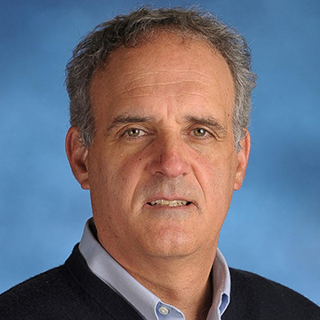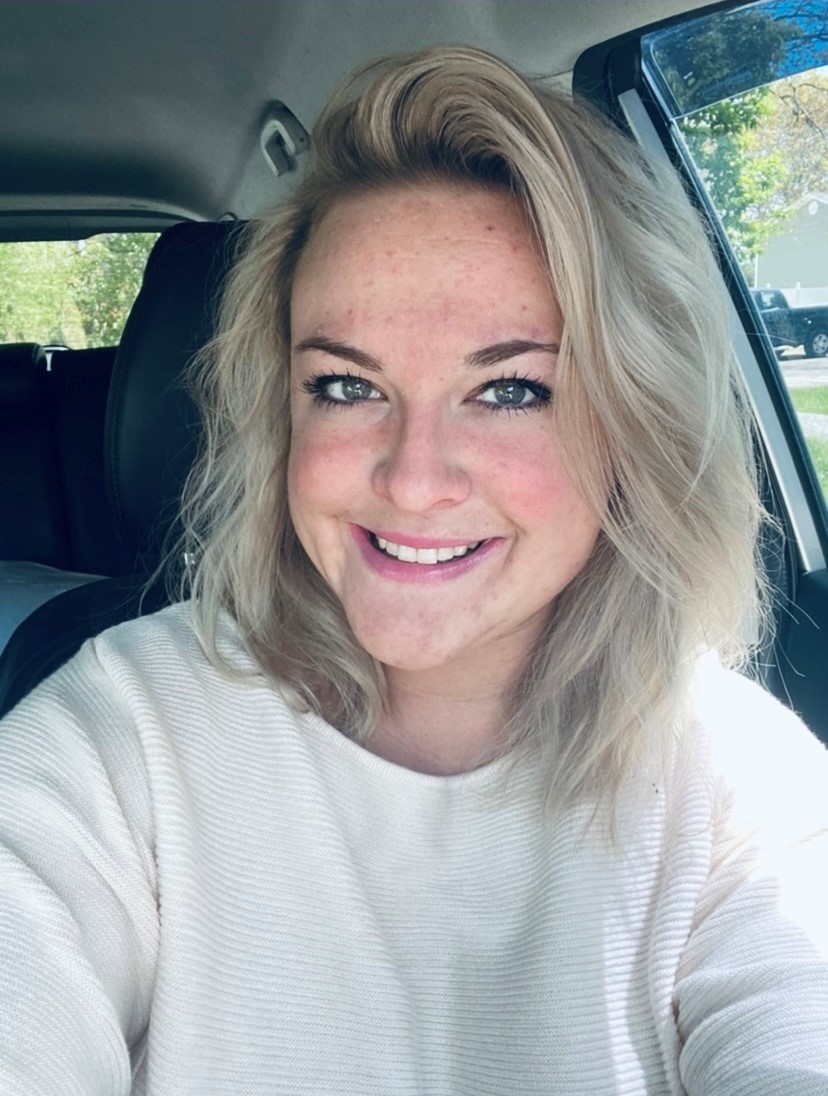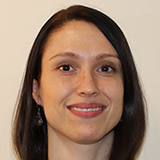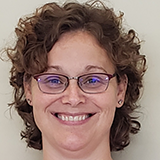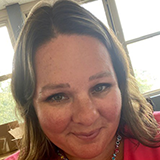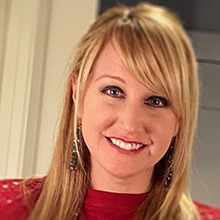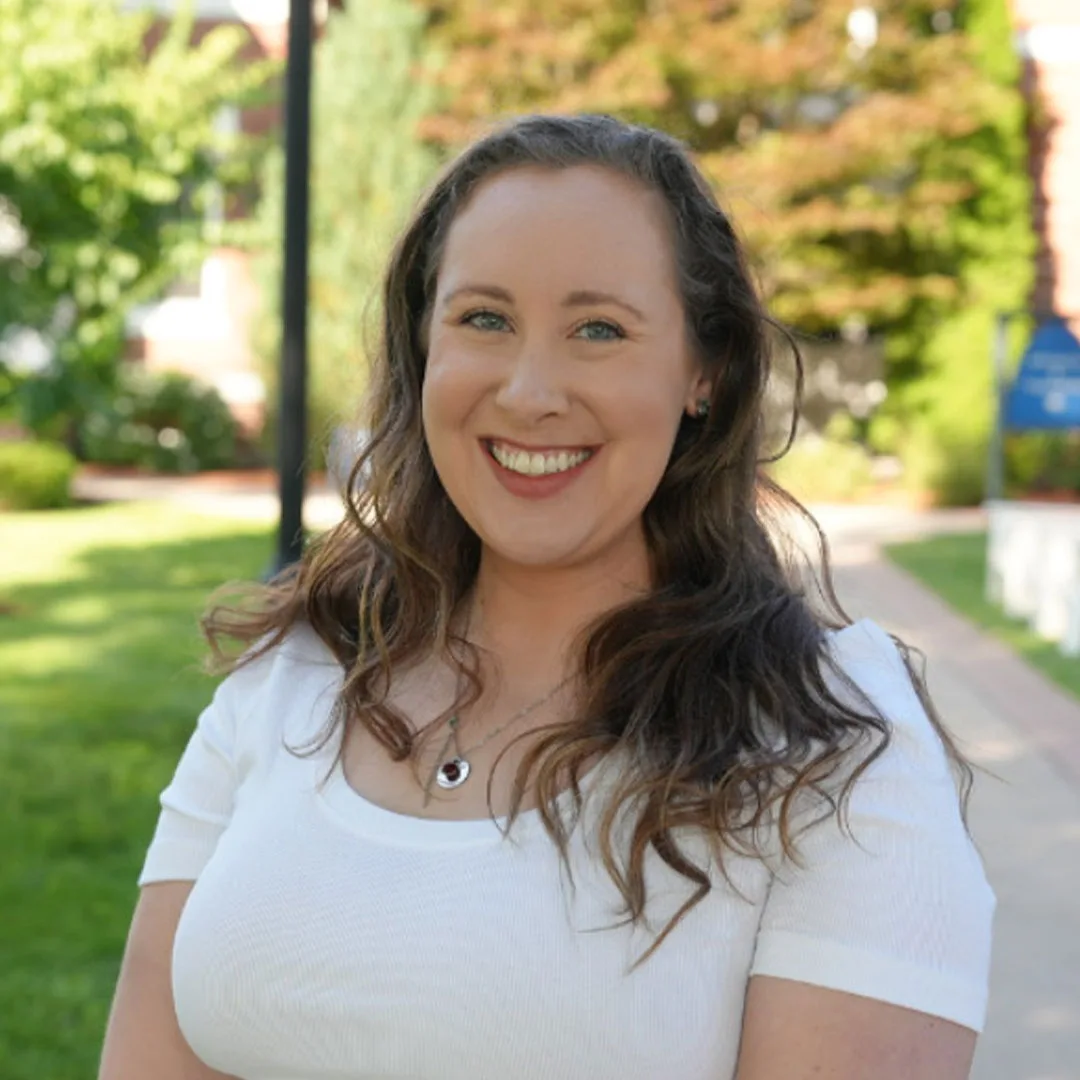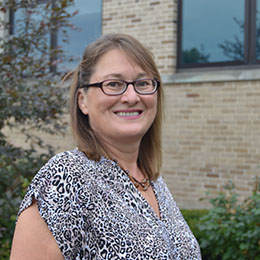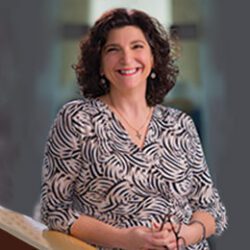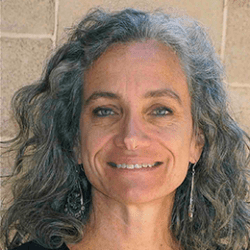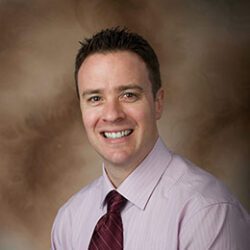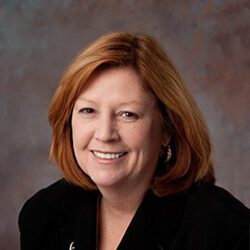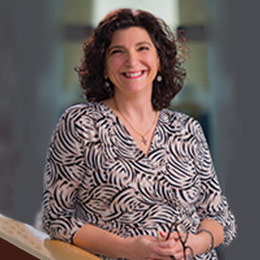 Lea Christo, MSW, LICSW
Coordinator
Lea Christo, MSW, LICSW
CoordinatorResiliency is our ability to negotiate difficult challenges. Learn how to build resiliency skills and dive deeply into how to help people thrive!
Now more than ever, difficulties seem to overwhelm our capacity to cope for far too many of us. Learn the science shown to help people understand and tolerate the inevitable stress and suffering that impacts us all. Appreciate how stressors impact our thoughts, emotions, and behaviors and how to work with them more effectively. Cultivate practices that promote post traumatic growth personally and professionally. Join us in making meaningful difference in our own lives and the lives of people we work with, both colleagues and clients.Student feedback from our popular course: The Practice of Self Compassion in Resiliency
"This course is great! I saw the Resiliency program as training that would benefit my students but I quickly realized that it will benefit ME first and foremost! Which is aligned with the idea of filling our own cup first, before we help others. What a gift! The timing and format of this 4 day intensive class has worked out perfectly for this school teacher. The last four days felt like a dive into the deep end of the pool. We took in a lot of information in a short period of time. Now I will spend some time floating around in the shallow end, revisiting these concepts and practices for the next several weeks and beyond. Thank you for a great experience!"Graduate Virtual Information Sessions
Resiliency in the Helping Professions Program Contact
Stephanie E. Plotkin Murin, M.Ed.
Assistant Director of Graduate Admissions
Lea F. Christo, MSW, LICSW, BCPA
Associate Professor of Practice, School of Graduate Studies, School Counseling Program; Coordinator of Resiliency in Helping Professions Program
Faculty
Graduate Admission Events and Ways to Connect With Us
We invite you to learn more about our graduate programs - either through a visit to campus, attending an information session or by scheduling a phone or virtual conversation with an admissions team member or one of our program directors.
Admissions Requirements
Prerequisites:
- B.A. or B.S. (with a 3.0 overall GPA) for admission in the Resiliency in the Helping Professions: Certificate of Graduate Study
- M.A. or M.S. for admission in Resiliency in the Helping Professions: Certificate of Advanced Graduate Study
Application Requirements:
- Graduate Application
- Two Letters of Recommendation (one letter waived for AU Alumni)
- Official Transcript(s)
- Personal Statement
- Current Resume
- TOEFL or IELTS for applicants whose native language is not English
Graduate Research Symposium
Assumption University Graduate School Annual Symposium showcases research, innovative projects, successful case study, and creative work of graduate students and recent alums from every graduate program. We offer all graduate students in every program an opportunity to present their excellent work on diverse topics.
Veterans at Assumption
Assumption University recognizes that servicemen and women have demonstrated great courage and made tremendous sacrifices in service to our nation and its people. The University has introduced a number of programs and services to assist veterans during the application process and while veterans are attending Assumption. We also have a lounge designated only for our veteran students. Assumption University is committed to maintaining recognition as a Military Friendly institution. We strive to eliminate barriers to success for our Service Members, Veterans, and their qualified dependents.


